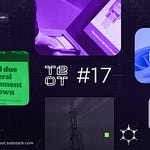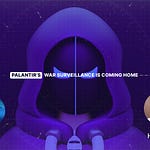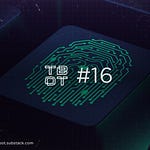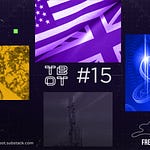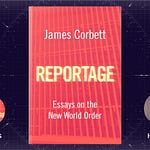In a significant blow to open access advocates, the Internet Archive has lost its appeal against major publishers in a landmark copyright case. The dispute centered on the Archive's "Open Library" system, which operated on a principle called "controlled digital lending." This allowed the Archive to lend out e-books for texts they physically owned, mirroring traditional library practices.
The controversy intensified when the Archive launched its "National Emergency Library" during the COVID-19 pandemic, which allowed unlimited loans of digital copies of eBooks.
This expansion prompted four major publishers - Hachette, Penguin Random House, Wiley, and HarperCollins - to sue the Internet Archive in 2020, claiming "willful digital piracy on an industrial scale." A federal judge initially ruled against the Archive in 2022, finding that their practices did not qualify as fair use under copyright law. The Internet Archive then appealed this decision to the Second Circuit Court of Appeals.
Unfortunately, the Appeals Court upheld the lower court's ruling, agreeing that the Archive's practices constituted copyright infringement. The court's reasoning centered on concerns about the scale of copying, potential market impact on authors and publishers, and worries about diminishing incentives for creating new works.
While openly acknowledging the benefits of digital libraries, the court ultimately decided that upholding copyright protections was necessary to maintain the balance intended by Congress in the Copyright Act. Sadly, this decision reinforces legal protections for copyright holders, even at the cost of limiting certain forms of public access to information.
Who Owns Your Data?
The recent ruling against the Internet Archive brings into focus a more critical issue: the importance of truly owning your data. As the things we own are increasingly digitized, the concept of ownership has also become considerably more murky.
Consider your eBook library or the documents stored in the cloud. While we often think of these as "our" possessions, the legal reality is, strangely, more nuanced. Most digital content purchased from Big Tech corporations is licensed, rather than owned outright. This distinction becomes painfully clear when accounts are suspended or services discontinued.
UniSuper, one of Australia's largest superannuation funds managing retirement savings for over 620,000 members primarily in the higher education and research sector, recently experienced a major service disruption due to a Google Cloud error. Google Cloud accidentally deleted UniSuper's entire private cloud account, leaving hundreds of thousands of members without access to their retirement accounts for more than a week. This clearly shows the risks of relying too heavily on cloud-based services.
While UniSuper and Google Cloud have assured that no personal data was exposed and the services were eventually restored, this incident highlights the importance of offline backup systems and decentralized, open source storage solutions for your personal data.
Solutions
The dream of a vast, accessible digital library may have hit a temporary roadblock and the ongoing conversation about legal copyright ownership naturally rages on. In the meantime, here are some handy links if you wish to maintain digital backups of texts that you legally own:
- PDF Drive is a solid search engine for PDF files. They currently have over 75 million eBooks with no ads and no download limits.
- Similar to PDF Drive, libgen is a universal archive containing a host of eBook files. A strong ad-blocker like uBlock Origin is recommended.
https://t.me/SaveAlexandria - A community run service for hosting and backing up eBooks on Telegram. Due to Telegram’s new moderation policy we recommend this strictly as a last resort.
Sources
https://www.theverge.com/2024/9/4/24235958/internet-archive-loses-appeal-ebook-lending




